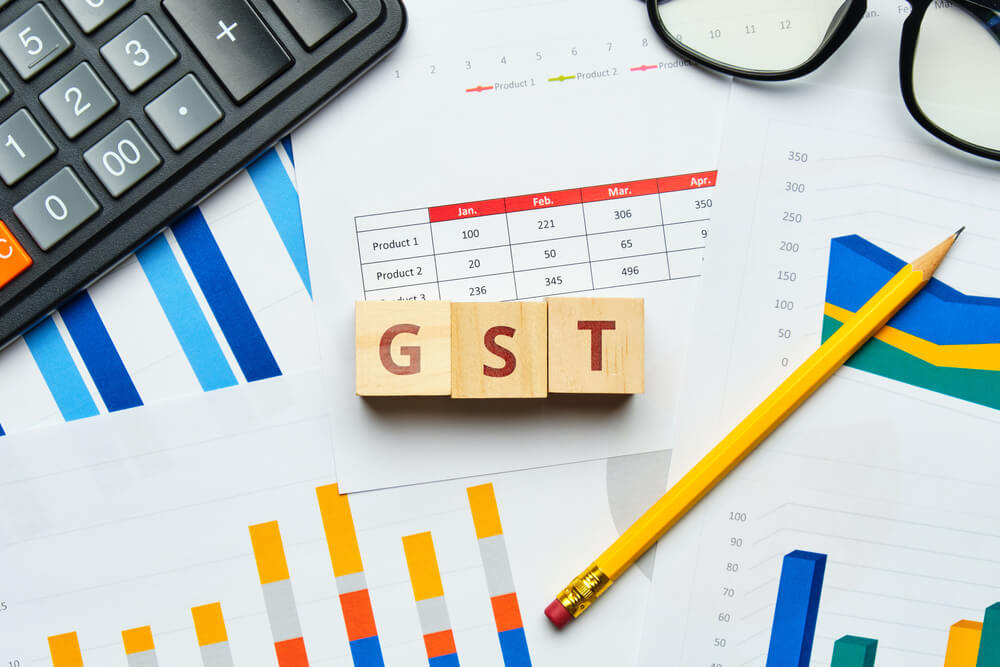 Last updated: February 15th, 2023 3:15 PM
Last updated: February 15th, 2023 3:15 PM
Important changes notified from 1st October 2022 under GST
Vide the following two important notifications, various changes are notified and made effective from 1st October 2022 –| Notification number and date effective | Effective changes |
| 17/2022- Central Tax dated 1st August 2022 | The registered person having an aggregate turnover of more than INR 10 Crores is now mandatorily required to generate an e-invoice. |
| 18/2022- Central Tax dated 28th September 2022 | 1st October 2022 is appointed as the effective date for provisions of section 100 to section 114 [except section 110(c) and section 111] of the Finance Act 2022. |
Extension of time limit for various compliances –
With effect from 1st October 2022, the following time limits are extended –- Time limit for availing input tax credit –
| Earlier provisions new | New are provisions effective from 1st October 2022 |
| Earlier the following – · Due date of furnishing return in Form GSTR-3B for September following the end of the respective Financial Year; or · Furnish of relevant annual net returns | Earlier of the following – · 30th November following the end of the respective Financial Year; or · Furnishing relevant annual net returns |
- net return for declaring the details of credit notes in the return –
| Earlier provisions new | New provisions effective from 1st October 2022 |
| Earlier of the following – · September following the end of the respective Financial Year; or · Date of furnishing of relevant annual return. | Earlier of the following – · 30th November following the end of the respective Financial Year; or · Date of furnishing of relevant annual return. |
- Time limit for rectification of error/ omission in the details of outward supplies furnished via GSTR-1 –
| Earlier provisions new | New provisions effective from 1st October 2022 |
| Earlier of the following – · September following the end of the respective Financial Year; or · Furnishing of relevant allures. | Earlier of the following – · 30th November following the end of the respective Financial Year; or · Furnishing of relevant and return. |
- Time limit for rectification of omission/ incorrect particulars furnished in GSTR-3B –
| Earlier provisions new | New provisions news from 1st are October 2022 |
| Earlier of the following – · September or the second quarter following the end of the respective Financial Year; or · The actual date of furnishing of relevant annual turn. | Earlier of the following – · 30th November following the end of the respective Financial Year; or · The actual date of furnishing of relevant annual turn. |
- Time limit for rectification of omission/ incorrect particulars in a statement furnished by a TCS operator furnished in GSTR-3B –
| Earlier provisions new | New provisions effective from 1st October 2022 |
| Earlier of the following – · Due date of furnishing of statement for September following the end of the respective Financial Year; or · The actual date of furnishing of the relevant annual statement. | Earlier of the following – · 30th November following the end of the respective Financial Year; or · The actual date of furnishing of the relevant annual statement. |
Additional conditions and conditions on restrictions of input tax credit –
The new input tax credit availment condition imposed vide section 16(ba) of the Central Goods and Services Tax Act, 2017 is now made effective from 1st October 2022. As per the additional condition, the input tax credit reflected in GSTR-2B should not be restricted as per the provisions covered under section 38. As per the new substituted provisions of section 38, the input tax credit reflected in GSTR-2B will consist of two parts i.e. details of input tax credit available to the recipient and details of input tax credit which cannot be wholly or partly availed by the recipient. Notably, availment of availing tax credit will be restricted under the following six situations –- Supply is made by the registered person who has obtained GST registration within a specified period;
- The supplier has defaulted in payment of tax and such default continuous for the prescribed period;
- When the output tax payable in GSTR-1 of the supplier exceeds the actual output tax paid in GSTR-3B by the supplier;
- The supplier has availed more input tax credit in GSTR-3B as compared to input tax credit reflected in GSTR-2B;
- The supplier has defaulted in discharging the tax liability as prescribed under section 49(12) of the CGST Act read with rule 86B of the CGST Rules;
- Supplier is covered within the prescribed class of persons.
Popular Post

In the digital age, the convenience of accessing important documents online has become a necessity...

The Atalji Janasnehi Kendra Project that has been launched by the Government of Karnataka...

The Indian Divorce Act governs divorce among the Christian couples in India. Divorce...

When an individual has more than a single PAN card, it may lead to that person being heavily penalised, or worse,...

Employees Provident Fund (PF) is social security and savings scheme for employee in India. Employers engaged...


